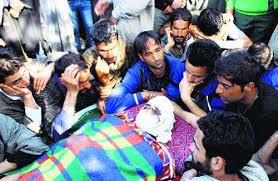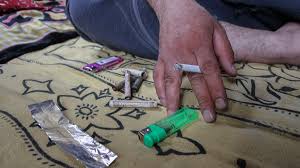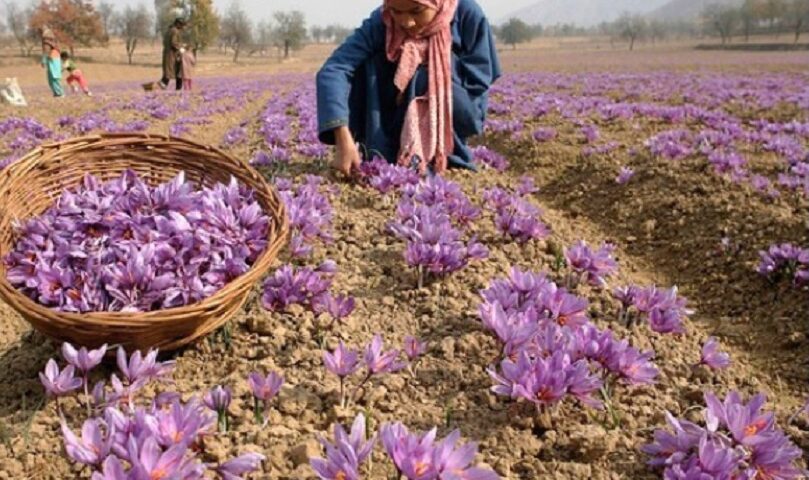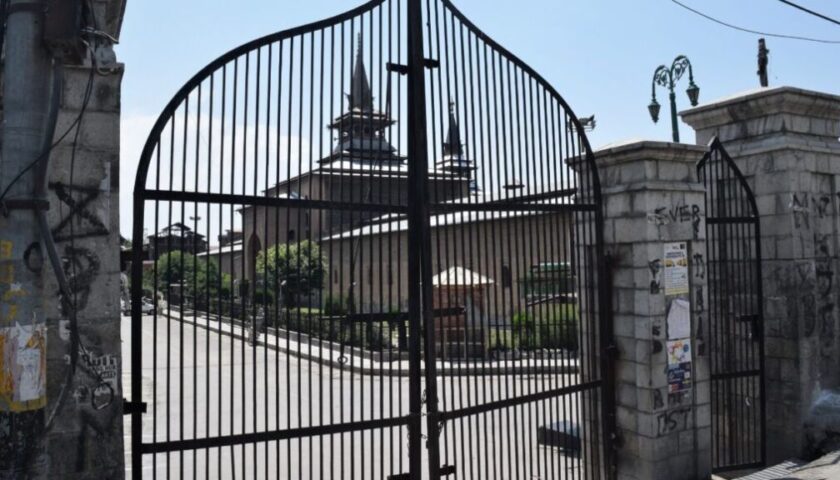To prevent people from attending funerals of foreign militants, the state government has changed the policy of handing over their bodies to locals and is instead burying them in secrecy in a sparsely populated town near the Line of Control.
 Two foreign militants killed in December in south Kashmir were buried at a faraway graveyard in a thinly populated frontier Uri town of north Kashmir as the police feared breakdown of “law and order” at the funerals of the militants if their bodies were handed over to locals.
Two foreign militants killed in December in south Kashmir were buried at a faraway graveyard in a thinly populated frontier Uri town of north Kashmir as the police feared breakdown of “law and order” at the funerals of the militants if their bodies were handed over to locals.
A police officer in Pulwama district, where a foreign militant was killed in an encounter this week, said the body had been buried near Uri town. The officer said the militant was not a local and handing over his body to locals would have caused a “law and order problem”.
However, the body of the second militant, a resident of Pulwama, was handed over to his family and his funeral was attended by hundreds of locals. It was the second case in the past month of a foreign militant being buried at the Uri graveyard.
Inspector General of Police for Kashmir zone SJM Gillani said the bodies of the foreign militants would no longer be handed over to locals of the district where they are killed.
“It is a decision taken to ensure that there is peace in the area,” said Gillani.
The change in the policy comes at a time when hundreds of residents — both men and women — attend the funerals of local and foreign militants, which later turn into anti-India rallies.
In October, hundreds had attended the funeral of Abu Qasim, a foreigner who headed the Lashkar-e-Toiba in Kashmir and was one of the most-wanted militants in the region. He was killed in a gunfight in south Kashmir’s Kulgam district. Qasim’s funeral was one of the largest in the region in recent years.
The large attendance of locals at the funerals of foreign militants has shown signs of a growing sympathy for their cause in the region. Most districts, where a militant has died in the past years, have also observed spontaneous shutdowns, which, in some cases, continued for four days —- a traditional period of mourning.
There have also been instances in recent years where villagers have forcibly taken possession of bodies of foreign militants.
Govt not to hand over bodies of foreign militants to locals




